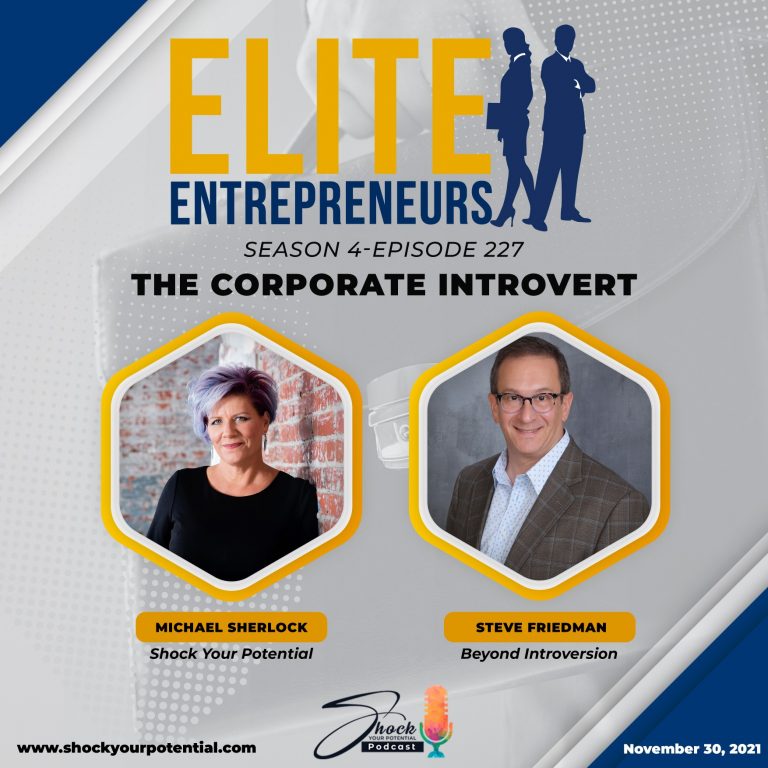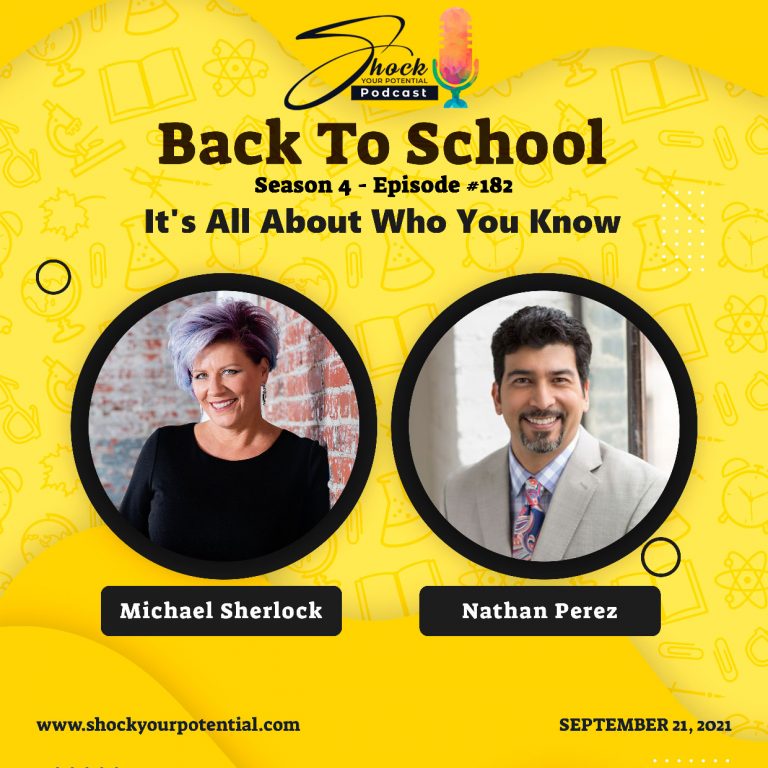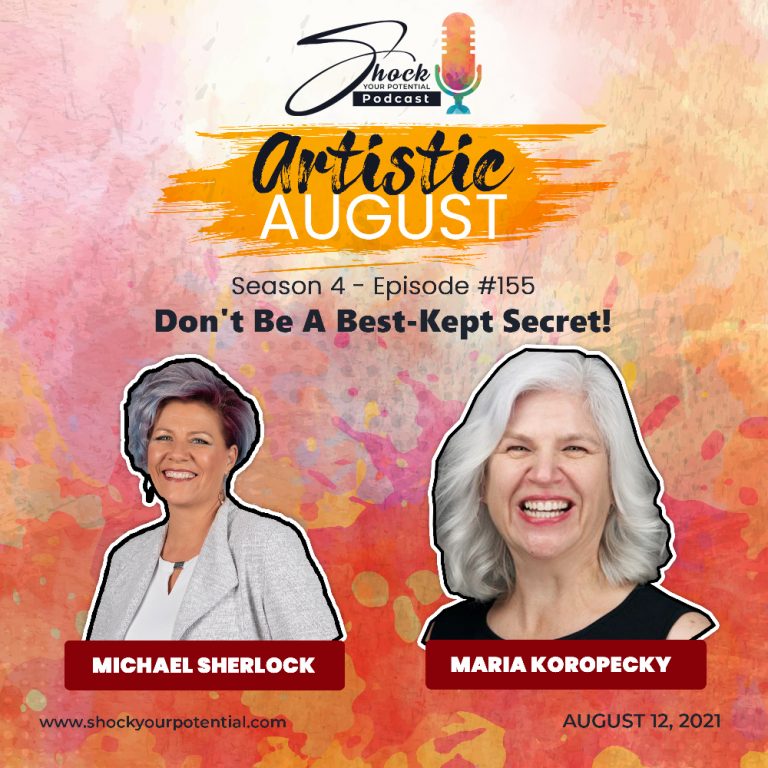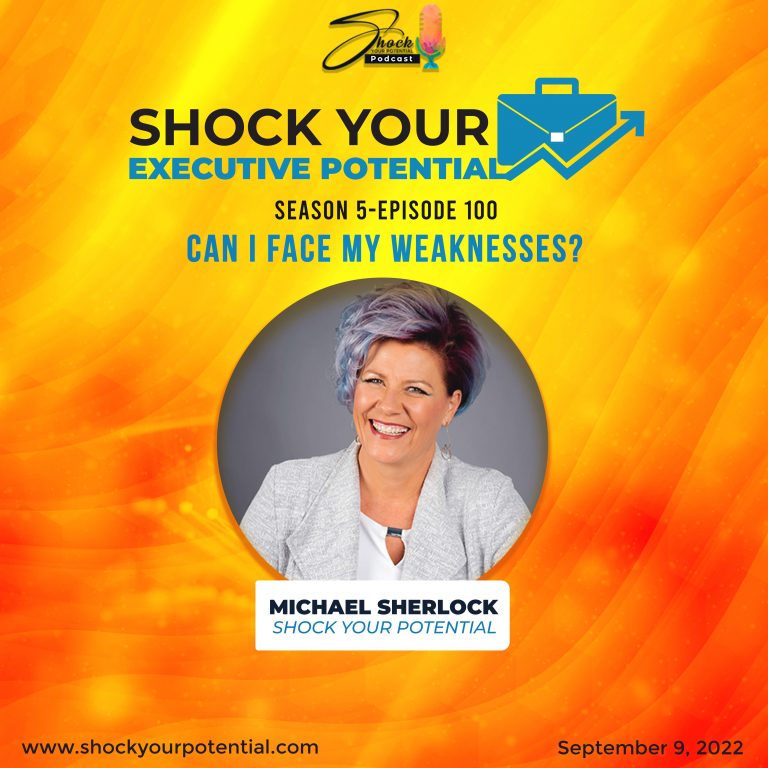“Whatever you do, or whatever your talent or profession is, you will do much better if you deploy your assets in the right configuration.” John Vespacian
There are many reasons why history matters, and when history is perceived from a biographical point of view, the stories start to be more relatable and the lessons more applicable at an individual level. Our guest today, John Vespacian, approaches history from this very interesting angle and enables people to see historical patterns that enhance their understanding and insights on how to solve the problems they presently face.
John Vespasian is the author of eleven books about rational living, including “When everything fails, try this” https://amzn.to/3xVdAbM (2009), “Rationality is the way to happiness” https://amzn.to/3spQbOL (2009), “The philosophy of builders” https://amzn.to/3CSBoRq (2010), “The 10 principles of rational living” https://amzn.to/3iOlI9P (2012), “Rational living, rational working” https://amzn.to/3xSJWUS (2013), “Consistency: The key to permanent stress relief” https://amzn.to/3z7TGfr (2014), “On becoming unbreakable” https://amzn.to/3iOKk2i (2015), “Thriving in difficult times” https://amzn.to/3xW55NP (2016), “Sequentiality: The amazing power of finding the right sequence of steps” https://amzn.to/3iSZ1kN (2017), “Undisrupted: How highly-effective people deal with disruptions” https://amzn.to/3k06ldZ (2019), and “Asymmetry: The shortcut to success when success seems impossible” https://amzn.to/3iPwEnM (2020).
Vespasian has lived in Germany, Italy, France, Spain, and The Netherlands. His books combine his passion for history, investing, and personal development, reflecting his philosophy of rational living, productiveness, and respect for the individual. The purpose of Vespacian’s work is to draw practical lessons from history and believes that if a person wants to make good decisions, they have to look at the big picture and learn from the wisdom accumulated in centuries of human experience. He argues that knowledge is the only valid response to stress, the only formula that can make a person more effective. His books contain the wisdom he has accumulated in decades of research, and he believes that it is all about learning from other people’s successes and mistakes and figuring out how to apply those principles to your own life. In every book, Vespacian goes through biographies and historical events with the goal of extracting from them lessons that people can use right now.
In this episode, our guest will tell us more about his approach to history and how he uses the lessons to educate people on handling present situations. He will also highlight a few of the biographies in his book and the lessons derived from them.
Listen in!
Social media handles
https://sites.google.com/view/assymetry/home
https://www.facebook.com/john.vespasian
https://twitter.com/JohnVespasian
http://www.amazon.com/-/e/B00IP34FJQ
http://johnvespasian.blogspot.com/
https://sites.google.com/view/asymmetry-detailed-info/home
- What I do is combine my history with personal development. [2:58]
- Each of my books contains the essence of short biographies of people from different professions, centuries, and countries. [3:03]
- I try to extract the patterns of success and the patterns of failure by analyzing real stories from real people, which I consider to be a very practical approach to history. [3:13]
- I look at history as a major teacher of thinking patterns of behavior of human nature where if you don’t learn from history, you are likely to repeat the same mistakes that people made centuries ago. [3:40]
- Unfortunately, the history we learn at school is usually presented in a very useless way, which makes people very frustrated with it. [3:55]
- I am trying to change this pattern in my books by having a perspective of history that is super practical and entertaining because I try to extract from each biography key points that people can use today in their daily lives. [4:07]
- My latest book titled asymmetry contains the message that to be successful in life and get something done, it is much easier to do it if you take an asymmetric approach giving the example of Mozart, a very famous musician. [4:46]
- A lesson from the book is that whatever you do or whatever your talent or profession is, you will do much better if you deploy your assets in the right configuration. [7:44]
- In the book, I analyze in great detail, how Hannibal who was a general, fought against the Roman Empire very successfully for almost 20 years with fewer soldiers in a foreign territory. [7:57]
- A very important lesson from history is that you should not get discouraged because you have fewer resources, are less experienced, or have fewer contacts than other people. If you deploy what you have in the right configuration, you can multiply your effectiveness. [9:06]
- Another lesson from the book is from using chess players to compare their actual lives with their way of playing chess. [ 9:55]
- There is a great component of personal style when you play chess, as it is a game that allows people to deploy their personalities. [10:12]
- It is very interesting to see from the great masters how they manage to win when they’re playing chess, especially when they had everything against them. [10:22]
- In the book Asymmetry, I recount the story of Alekhine, who was a grandmaster or world champion, in the 1920s and 1930s, before the Second World War. [10:34]
- The biography is fascinating because one of the things you learn from his personal life and his way of playing is that you will have situations in life where you can’t figure out the right strategy because you don’t have all the elements or the situation is too complex. Still, you will eventually find an opening and win the battle by taking small initiatives and testing the waters. [10:56]
- Commercial Break. [12:54]
- It is very important that in life, you get the right perspective, and for most people, this is going to be 85 years to try to see progress in perspective, because otherwise, it’s very easy to go crazy, it’s very easy to become desperate if you take a very short-term perspective. [14:15]
- If you take this perspective, you will see your problems from a different perspective as long as you keep using your time effectively and try to improve the situation little by little; after a few years, you will not even remember. [15:13]
- One thing that I am very skeptical about in my books is positive thinking in the way that most people understand it. [16:42]
- People don’t realize that positive thinking is very dangerous unless coupled with rational and consistent action because it makes people super anxious. [17:18]
- It is much better to have a low-key approach to try to come up first with a solid plan and objective you can pursue, and then you will have plenty of time to become enthusiastic. [18:02]
- The results of the analysis are that most successful careers are asymmetric. This is very important to understand because when you analyze the lives of successful people in history, you see that many of them became successful after failures. [19:24]
- When you look at the biographies in detail, you will see the enormous amount of failure and distress. It is only by doing asymmetric strategies, trying different things, and focusing on what works that people will emerge successful and happy. [21:32]
- Another aspect that I often underline in my books is that you have to find sustainable ways to take care of your health before you become sick. [22:29]
- I spend a lot of time researching Ancient Medicine, especially herbal medicine and ancient Greek medicine. I have to tell you that the principles of maintaining your health have been known since ancient Greek and haven’t changed a lot despite new technology. [23:14]
- When you go to Ancient Greece and see that people lived fairly long and were able to stay healthy with very few resources, there are important lessons to draw. [23:39]
- One of the good habits I think everybody should acquire because it’s very inexpensive and beneficial is to get used to drinking herbal tea such as chamomile, mint, sage. [23:52]
- Whatever business you do, wherever your profession or career, you have to find a way by looking at your processes, dedication, and time allocation to develop asymmetric advantages. [25:59]
- You have to spend time identifying the steps that add most of the value to what you’re doing and try to focus and optimize on those. [26:26]
- I have the biography of Velasquez, a very famous artist in the 17th century, and he made a fortune just because he changed his procedure. [27:17]
- It would be best to spend some time per month, maybe a couple of hours, trying to read some history or something that you find interesting to gain some perspective. [30:25]
- It is a very good investment which will make you much more logical in your thinking and much more relaxed because you will get the perspective of the centuries [30:58]
….…………………
Thank you to our January sponsor! KukuaBiz can provide dedicated and affordable talent from Kenya to help you grow and scale your business. Virtual employees are skilled in administrative functions, sales, podcast management, video editing, marketing, social media marketing, website design and management, and more.
Learn more: https://www.kukuabiz.com




